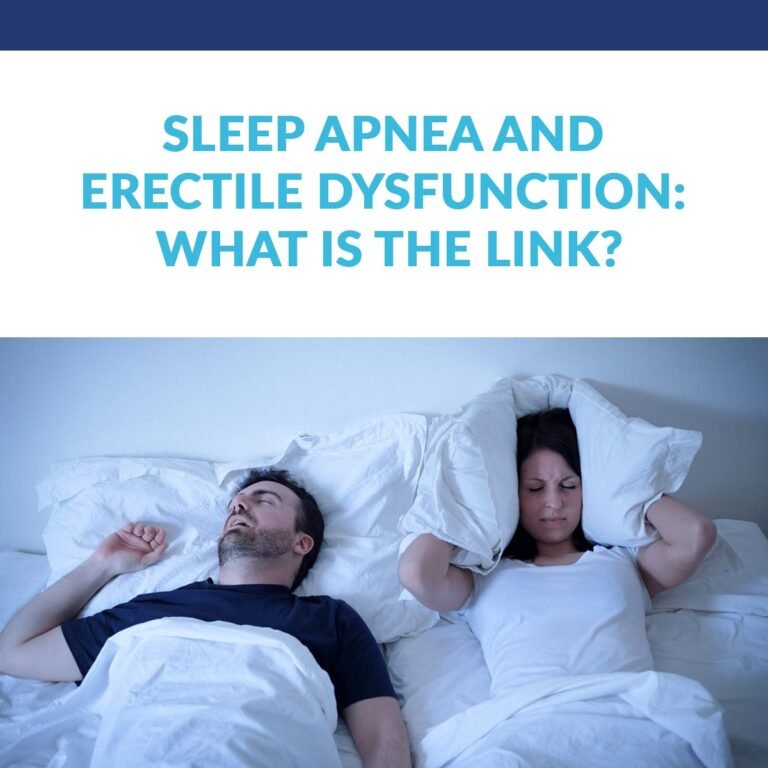Do a sleep study
Before starting treatment, you will need to complete a Sleep Study (polysomnography). Sleep studies can provide you and your healthcare provider with baseline data. In the past, you would have to spend a night in a sleep center or lab attached to a breathing machine, pulse oximeter, and other sensors, but now there are sleep study kits available that are cheaper, more convenient, and more effective.
The test records brain waves, heart rate, breathing and blood oxygen levels. The test can also track your REM sleep and body movements. After collecting the data, a sleep doctor can advise on the best treatment options available. Treating your sleep apnea starts with making some lifestyle changes to improve your overall health and well-being.
1. Focus on weight loss
Obesity is one of the main causes of obstructive sleep apnea. Excess fat around the neck and torso can affect your ability to breathe at night. So a key strategy for dealing with sleep apnea is weight loss.
- Shed some pesky pounds by boosting your metabolism. Avoid processed foods and refined sugars and eat a high protein diet. Remember to balance your macros to include healthy fats, whole grains and leafy greens.
- Try strength training, especially High Intensity Interval Training (HIIT). HIIT involves performing compound exercises (think squats, push-ups, boxing, or kettlebell swings) with longer rest periods. Start with 30 minutes a day for at least three days a week.
- Be consistent. It’s easy to fall back into bad habits, especially if you don’t see immediate results. Remind yourself why you’re doing it as often as possible.
According to the Sleep Foundation, the loss just 10-15% of your body weight can improve OSA by up to 50%.
2. Skip the alcohol before bed
Scientists have long argued that a glass of red wine can help stimulate the release of melatonin for better sleep. A few glasses right before bed can end up making your sleep apnea worse. But it’s all about intensity and timing.
In general, although alcohol appears to be a great sedative, drinking alcohol at night actually crushes sleep quality. Also, alcohol relaxes the muscles around the airways, making it more likely that you will develop apnea episodes. You will find it difficult to wake up, making the symptoms the next day more intense.
3. Quit smoking as soon as you can.
Smoking can cause inflammation in the airways and improve the chances of developing respiratory diseases. Quitting the smoking habit is easier said than done, but both smoking and sleep apnea are linked to a shortened lifespan. Get as much support as possible from friends, family and doctors to create the habits you need to get rid of these sticks.
4. Sleeping pills can make things worse.
It is common to take sleep medication to help with your sleep apnea. While it makes sense in theory, some sleep aids can make OSA worse. Sleeping pills not only relax your muscles but make it harder for you to wake up.
A loose airway makes it more likely to collapse or become blocked. Since you can’t wake yourself up from sleeping pills, you’ll have more severe side effects when you wake up to start your day.
Consult your family doctor or sleep professional to review all prescription and over-the-counter sleep aids you are taking. If these make your OSA worse, your doctor can find viable alternatives.
5. Change the way you sleep.
Sleeping on your back causes your tongue and the soft tissue in your throat to block your air passages. The supine position is popular with most people with sleep apnea, and they often wake up choking or gasping for air.
Sleep on your left side or your stomach provides optimal oxygen flow during sleep. A study in 52 patients with OSA found that elevating your head reduced OSA episodes, so invest in a wedged or memory foam pillow specifically for sleep apnea.
6. Start working on self-care techniques.
Taking care of your mind and emotional well-being is just as important as improving your body. At this point, you are dealing with the anxiety, fear, and stress of sleep apnea and ED. That would take a toll on the best of us.
If you are more stressed, your cortisol production could have an indirect effect on your sleep apnea. Practicing mindfulness, a little yoga, surrounding yourself with uplifting people, exploring nature, and even journaling can positively impact your sleep apnea in the long run.
